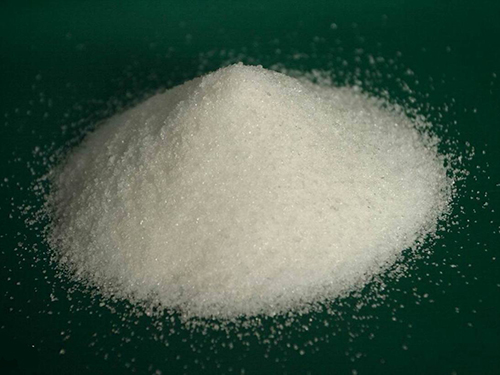inhibitor water treatment
Inhibitor Water Treatment A Crucial Step in Water Quality Management
Water is one of the most essential resources on our planet, sustaining life and supporting numerous industries. However, the presence of unwanted substances, such as heavy metals, organic pollutants, and pathogens, often necessitates the implementation of effective water treatment methods. Among these methods, inhibitor water treatment has gained recognition as a vital approach to ensure the safety and quality of water for consumption and industrial use.
Inhibitors are chemical substances that impede or slow down specific chemical reactions. In the context of water treatment, inhibitors are used to control scale formation, corrosion, and microbial growth, which can otherwise compromise the integrity of water systems and lead to inefficiencies and health hazards. The incorporation of inhibitors into water treatment strategies is particularly important for industrial applications, where water is often recirculated and reused.
One of the primary purposes of inhibitor water treatment is to prevent scale formation, especially in systems that involve heating or cooling water. Scale deposits can significantly reduce the efficiency of heat exchangers and boilers, leading to increased energy consumption and expensive maintenance costs. Inhibitors such as phosphonates and polyacrylic acids are commonly employed to disrupt the crystallization process of scale-forming minerals like calcium carbonate. By inhibiting the formation of scale, these chemicals help maintain operational efficiency and prolong the lifespan of equipment.
Corrosion is another critical issue that water systems face. It can lead to the deterioration of pipes and machinery, resulting in leaks, contamination, and costly repairs. Corrosion inhibitors work by forming protective films on metal surfaces, thus preventing water from coming into direct contact with the metal and reducing the rate of oxidation. Common corrosion inhibitors include nitrites, molybdates, and azoles, each selected based on the specific metal and water conditions involved. By integrating corrosion inhibitors into water treatment processes, industries can minimize equipment failures and ensure continued operations.
inhibitor water treatment

In addition to scale and corrosion control, inhibitor water treatment also addresses microbial growth, which can pose serious health risks. Pathogens such as bacteria, viruses, and protozoa can thrive in untreated water supplies and lead to diseases. Biocides, which act as microbial inhibitors, are employed in various treatment systems to control microbial populations. Chlorine, ozone, and quaternary ammonium compounds are some of the most common biocides used in the industry. By effectively managing microbial growth, these inhibitors not only protect public health but also enhance the quality of treated water.
While the benefits of inhibitor water treatment are clear, it is essential to consider the environmental impact of these chemicals. Some inhibitors may have adverse effects on aquatic ecosystems if they are not managed properly. Therefore, it is crucial to apply inhibitors judaciously and to explore more sustainable alternatives, such as biodegradable inhibitors and those derived from natural sources.
As regulations around water quality continue to tighten globally and the demand for high-quality water increases, the role of inhibitor water treatment will likely expand. Research and development are essential to enhance the efficacy of existing inhibitors and to discover novel, eco-friendly solutions. Moreover, industries must invest in training and developing best practices to incorporate inhibitor water treatment into their operations responsibly.
In conclusion, inhibitor water treatment plays a crucial role in managing water quality across various sectors. By effectively controlling scale formation, corrosion, and microbial growth, inhibitors contribute to improved operational efficiency, reduced maintenance costs, and enhanced safety of water supplies. As we continue to prioritize water quality in both residential and industrial contexts, ongoing research and responsible practices in inhibitor water treatment will be key to safeguarding this vital resource for future generations.
-
lk-319-special-scale-and-corrosion-inhibitor-for-steel-plants-advanced-solutions-for-industrial-water-systemsNewsAug.22,2025
-
flocculant-water-treatment-essential-chemical-solutions-for-purification-processesNewsAug.22,2025
-
isothiazolinones-versatile-microbial-control-agents-for-industrial-and-consumer-applicationsNewsAug.22,2025
-
scale-inhibitor-key-solutions-for-water-system-scale-preventionNewsAug.22,2025
-
organophosphonates-versatile-scale-inhibitors-for-industrial-water-systemsNewsAug.22,2025
-
scale-and-corrosion-inhibitor-essential-chemical-solutions-for-water-system-maintenanceNewsAug.22,2025





